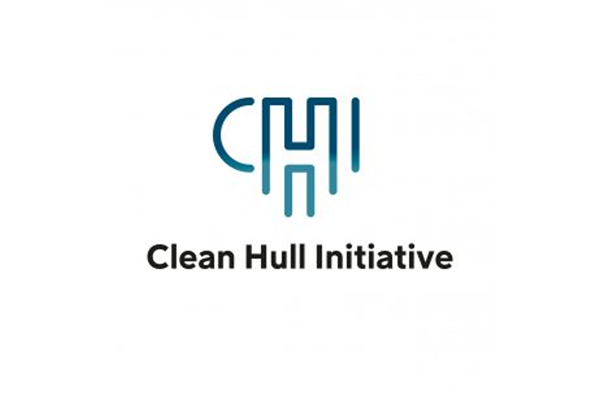
Through the Clean Hull Initiative, Jotun and Bellona aim to develop an industry standard for proactive hull cleaning and tackle the global biofouling issue.
At the recent Nor-Shipping trade fair in Oslo, the environmental NGO Bellona Foundation launched the Clean Hull Initiative
(CHI), a new international effort to address the biofouling issue. Supported also by Jotun and several other companies in the maritime industry, CHI aims to develop an industry standard for proactive hull cleaning and tackle the global biofouling issue.
Severe underwater biofouling can increase fuel consumption up to 40%. In addition, the accumulation of marine life may cause the spread of invasive aquatic species in environments they’re transported to, affecting biodiversity, ecosystem health and the livelihoods of coastal communities.
“The CHI is a collaborative project initiated by the Bellona Foundation. It brings together a growing number of stakeholders in both the private and public sectors and aims to develop an industry-wide recognised and accepted standard for proactive hull cleaning which currently does not exist,” stated Runa Skarbø, project manager of Bellona. “We believe the standard is an important means to establish proactive cleaning as part of the biofouling management toolbox and will also drive innovation and the market for commercial proactive hull cleaning solutions.”
“Biofouling is recognised as one of the greatest threats to the world’s oceans. Not only does biofouling serve as vector for the spread of aquatic invasive species it also increases hull resistance and decreases the propeller efficiency, leading to higher fuel consumption and increased emissions to air from ships,” added Frederic Hauge, founder of the Bellona Foundation. "By increasing frictional drag, it is estimated to account for 9% of the global shipping fleet’s fuel consumption every year. That equates to roughly 80 million tons of excess CO2 emissions and USD 16 billion in extra fuel costs, based on today’s high fuel prices.”
“Biofouling then is a big environmental problem and is costing the industry a lot of money. So, we want to work together with the industry and regulators to solve the environmental issues on a large scale, and the CHI is a perfect example of an ideal Bellona project. Together we will seek to sort out the regulatory barriers currently in the way of solving the biofouling issue. Also, we want to reduce barriers for the further uptake of emerging proactive hull cleaning technology as a preventative tool,” continued Hauge.
The importance of industry standards
The event also shed more light on biofouling management issues and opportunities, regulatory landscape and discussions on the importance of safe proactive hull cleaning practices.
“The revision of the guidelines is currently being undertaken by a dedicated sub-committee and the work is progressing well, with completion targeted next year. The intention is to make the guidelines clearer and less general meaning ‘specific recommendations on what to do, how to do it, when to do to it’ as well as include user-specific guidance and allocate clearly the responsibilities of various stakeholders. Moreover, the guidelines are to reflect chronological sequence from ship design to end of service life,” commented Sveinung Oftedahl, specialist director in the Norwegian Ministry of climate and environment.
During the closing remarks, the CEO of Jotun Morten Fon emphasised the importance of clean hull efficiency in achieving sustainable operations and praised the commitment of Bellona and the companies that have joined the CHI alliance and taken the lead towards the achievement of its objectives.
“There is a lot of talk about the future fuels and the role they will play in shipping’s low-carbon future, but it is also important to focus on the low hanging fruit. Hull performance, and the hardware that keeps them clean, will continue to be a critical driver of efficiency gains for ships. There is however a need for an industry-wide standard and Jotun fully supports the Bellona initiative to define and implement a new ISO standard for proactive cleaning. This is a joint effort to tackle the global biofouling issue and its negative impact for both commercial shipping and the environment. By working together, sharing insights and expertise, the CHI stakeholder members can help solve the biofouling issue on a large scale.”